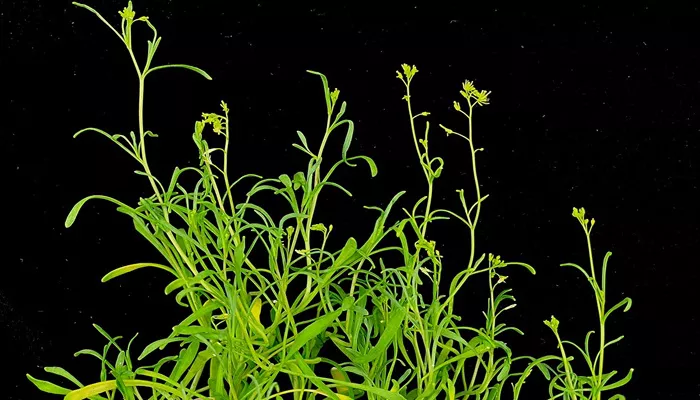Growing healthy plants involves more than just sunlight and water; plants also need essential nutrients to thrive. If your plants seem to be struggling despite proper care, it may indicate a nutrient deficiency.
The three key nutrients for plants are nitrogen, phosphorus, and potassium, often referred to as NPK on plant fertilizer products. A deficiency in any of these can affect your plants, leading to issues like yellowing leaves or stunted growth. Fortunately, nutrient levels in soil can be improved to help restore plant health.
What Do Key Nutrients Do for Plants?
Nitrogen, phosphorus, and potassium play different roles in plant development. Phosphorus aids in root growth, while potassium supports fruit and flower production. Nitrogen, on the other hand, is vital for foliage growth and overall plant development.
But what exactly does nitrogen do? Experts explain its importance, the signs of nitrogen deficiency, and how to improve nitrogen levels in soil.
Why Is Nitrogen Crucial for Plants?
Nitrogen is essential for healthy plant growth, particularly when it comes to the development of leaves. Phosphorus may be important for roots and potassium for fruit, but nitrogen is what fuels foliage growth.
“Nitrogen is a major component of many plant compounds, including chlorophyll, which is the basis for photosynthesis,” explains Dr. Mike Arnold, a professor of horticultural sciences at Texas A&M University. Nitrogen is also essential for protein formation and various cellular functions.
By promoting leaf growth, nitrogen supports photosynthesis—the process through which plants convert sunlight into energy. “The rate of photosynthesis is often directly controlled by nitrogen concentration in the leaves,” says Peter Groffman, an ecologist from the Cary Institute of Ecosystem Studies.
Nitrogen is also particularly important for leafy vegetables like kale, lettuce, and Brussels sprouts, making it essential in vegetable gardens.
Signs of Nitrogen Deficiency
Plants lacking nitrogen may exhibit several symptoms, most notably yellowing leaves. “Nitrogen deficiency often causes a general yellowing of the foliage, starting with older leaves,” says Dr. Arnold. In addition to yellow leaves, plants may show signs of stunted growth and produce smaller fruits and vegetables.
When nitrogen is scarce, plants produce less chlorophyll, the compound that gives them their green color. The reduced chlorophyll leads to yellow leaves, which then impacts photosynthesis and overall plant growth.
Indoor plants, like houseplants, can also suffer from nitrogen deficiency. If your monstera or pothos plants develop yellow leaves despite good care, they may need more nitrogen.
How to Improve Nitrogen Levels in Soil
If you suspect your plants lack nitrogen, there are ways to restore balance. The simplest option is to use a nitrogen-rich fertilizer, such as an all-purpose liquid fertilizer.
“Choose a fertilizer suited for your local conditions,” advises Dr. Arnold, suggesting regional products that account for the specific release rates and nutrient needs in different areas.
There are also organic methods to boost nitrogen levels. Adding compost to your soil can provide a slow-release form of nitrogen. “Incorporating composted organic matter helps not only with nitrogen but also retains other nutrients and moisture in the soil,” says Dr. Arnold. Composting with ingredients like coffee grounds or orange peels can also enrich the soil with nitrogen.
Another way to improve nitrogen uptake is through mycorrhizae, symbiotic fungi that help plants absorb nutrients. “Soils with good tilth, aeration, and moisture favor these beneficial fungal associations,” Dr. Arnold adds.
By ensuring your plants get enough nitrogen, you can help them grow stronger, greener, and healthier, improving their ability to photosynthesize and thrive.


